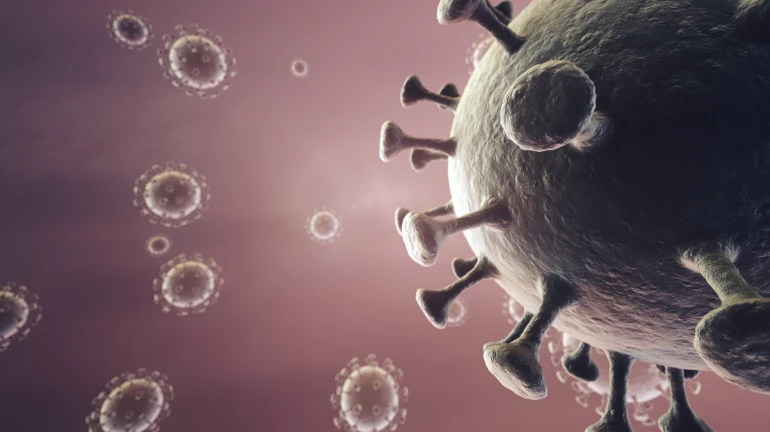
The Indian Council of Medical Research (ICMR) and the Union Health Ministry posted an advisory about mucormycosis infections, otherwise known as “black fungus”, that is being detected among some coronavirus patients in multiple states.
Understandably, this has led to a lot of concern, particularly for people who are immunocompromised or have had a prolonged Intensive Care Unit (ICU) stay due to COVID-19. Here’s everything you need to know about the mucormycosis infection along with its symptoms and treatment.
Also read - Centre Issues Advisory on Handling Mucormycosis Infection Among Some COVID-19 Patients
What is black fungus (mucormycosis)?
Mucormycosis or black fungus is somewhat rare and mostly affects individuals with a weakened immune system or those who have existing health conditions. A group of molds/fungus called mucormycetes cause this infection. This fungus is commonly found in the environment. The infection impacts the skin and can also affect the lungs as well as the brain.
What are the symptoms?
Some of the common symptoms include shortness of breath, an altered mental state, pain and redness around the eyes or nose, coughing, headache, fever, and bloody vomit. People are urged to be on the lookout for warning signs like loosening of the teeth with toothache, double or blurred vision with pain.
Some other symptoms include sinusitis, one-sided facial pain or numbness/swelling, blackish discolouration over the bridge of the nose or palate, thrombosis, necrosis, skin lesions, chest pain, pleural effusion or worsening of respiratory symptoms.
Who is at risk of contracting mucormycosis?
As mentioned by the Central Government’s advisory, people with pre-existing conditions such as Diabetes Malletus, Cancer, and patients who have recently undergone an organ transplant are at a higher risk of catching this fungal infection. Some medications/steroids used for COVID-19 treatment are also likely to increase the risk of mucormycosis.
How to prevent this?
Health experts say that wearing a mask and reducing your skin’s exposure to harsh environments can curb this to a great extent. Immunocompromised people are recommended to stay away from dusty areas such as construction sites or even the garden. However, if visiting such areas is unavoidable, people are advised to wear long clothing, shoes, and gloves while gardening or at a construction site. Lastly, people are encouraged to have a thorough scrub bath after being in such environments to cut down the risk of getting mucormycosis.
Detection of mucormycosis
The infection is determined by a test on the suspected location. Doctors may collect a sample of fluids from the patient’s respiratory system for a lab test. A tissue biopsy or a CT scan of the sinuses or lungs can also help understand the gravity of the infection.
Read - State To Administer Vaccine First To Those Eligible For A Second Dose
Can this be treated?
Yes, mucormycosis can be treated with the help of antifungal medication as prescribed by the doctor. However, some rare cases may require surgery. Serious infections carry the risk of losing the upper jaw or even an eye in rare cases. Keeping this in mind, early detection is key to avoid any major damage.
Medical experts say that doctors shouldn’t hold back aggressive investigations to detect such fungal infections.
Dr Tatyarao Lahane, Head of the Directorate of Medical Education and Research (DMER) Maharashtra has said that cases of this infection are increasing.
“Traditionally we see a case every few months, usually in very poorly controlled diabetic and immunocompromised patients. But in the past 2 to 3 weeks, I have seen almost 25-30 of them, mostly in Ruby Hall, some in D Y Patil Hospital,” he said. Cases of mucormycosis have also been detected from Gujarat and Delhi.
Meanwhile, Niti Aayog member (Health), Dr V.K. Paul said during a media briefing that no major outbreak has been reported adding that they are monitoring the reported cases closely.
Also read - All You Need To Know About DRDO's New Oral COVID-19 Drug '2-DG'





